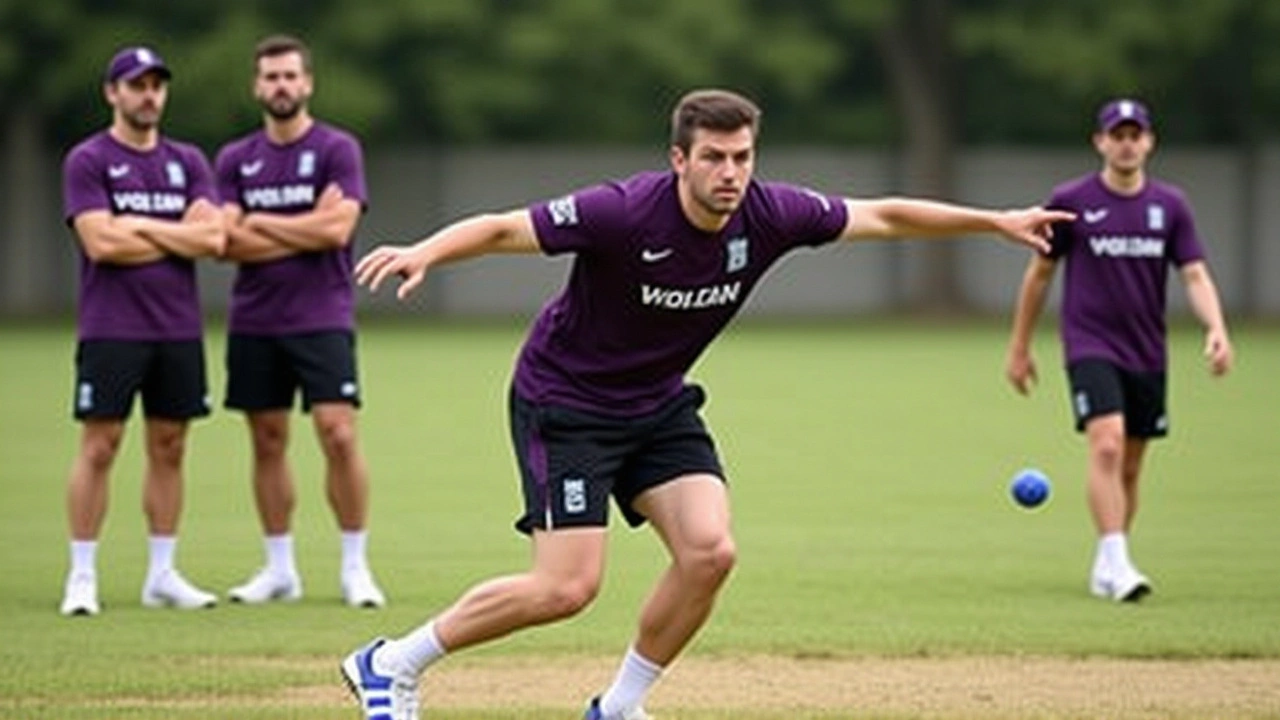Understanding escort services in Paris means looking beyond stereotypes. Learn what these services really offer, how to find safe and respectful companions, and what to expect-without the myths.
Rugby Ninja Academy
 6
Dec
6
Dec
Dubai escorts aren't just about nightlife-they're a response to isolation in a transient city. Learn the truth behind the myths, the real reasons people use these services, and how the industry has changed after 2023 crackdowns.
 29
Nov
29
Nov
Tom Curry’s tackle injured Argentina’s Juan Cruz Mallia, sparking a 'bully' claim from coach Felipe Contepomi — but former England star Joe Marler slammed the accusation as baseless, calling it a heat-of-the-moment reaction to defeat.
 24
Nov
24
Nov
Lionel Messi scored a header and added three assists as Inter Miami CF defeated FC Cincinnati 4-0 in the 2025 MLS Cup Playoffs, setting a new record with 12 goal contributions in four playoff games and advancing to their first-ever MLS Cup Final.
 21
Nov
21
Nov
Bangladesh defeated Ireland by an innings and 47 runs in the first Test of the 2025 series at Sylhet International Cricket Stadium, with Mahmudul Hasan Joy scoring 171 and Hasan Murad taking 4 wickets. The win extends Bangladesh’s dominance in Test cricket against Ireland to 1-0.
 20
Nov
20
Nov
International Men's Day 2025 on November 19 will see global recognition of men's health and positive masculinity, with social media campaigns from India driving conversations on mental health, emotional resilience, and breaking toxic stereotypes.
 16
Nov
16
Nov
Olly Murs headlines the Mubadala Abu Dhabi Sail Grand Prix 2025 Grand Final on November 29, with Mark Wright closing the weekend. 12 teams race 50-foot foiling catamarans at 100+ km/h for a $2M prize, blending elite sport with pop music in Abu Dhabi.
 25
Oct
25
Oct
Alan Carr’s surprise elimination of Paloma Faith on BBC’s Celebrity Traitors ignites drama at Ardrossan Castle, with charity stakes and traitor suspicions heating up.
 18
Oct
18
Oct
South Korean author Baek Se-hee died at 35, donated her organs to save five lives, and left a memoir that reshaped mental‑health dialogue worldwide.

